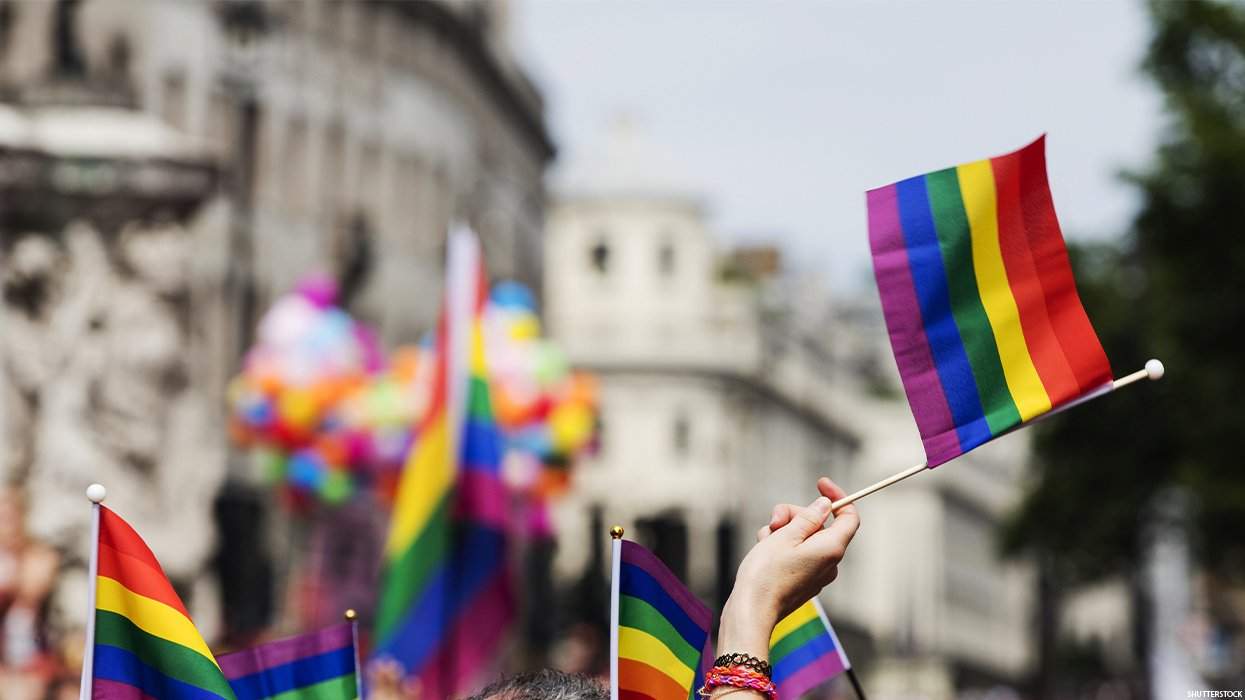Texan Republicans have proposed a bill to make recognizing LGBTQ+ Pride illegal in schools.
The GOP-controlled 88th legislature has filed 140 bills targeting LGBTQ+ Texans, according to Equality Texas. On Tuesday, the Texas House Public Education Committee heard a measure addressing pride events at public schools.
According to state Rep. Ken King, House Bill 1507 bans Texas educators from having events “dedicated to celebrating or providing special instruction regarding a sexual preference.”
Violations can also be punished with fines ranging from $500 to $10,000, and teachers who enable these programs can be dismissed or have their licenses revoked.
A popular conservative talking point is that teaching children to be affirming and accepting of others is brainwashing them, which King argued his bill is supposed to prevent, the Athens Daily Review reports.
“We’re trying to protect our traditional public schools and open enrollment charter schools,” King said. “It doesn’t matter what group it is, indoctrination is a thing, and we need to stop all of it and go back to teaching in schools and protect our traditional ISDs.”
Several Democrats challenged King during the hearing, according to Texas Public Radio.
State Rep. Gina Hinojosa, who used to be Austin ISD’s school board president, first approached King with the question.
“Is the purpose of your bill to stop any LGBTQ Pride events in public schools?” she asked.
According to King, his bill is intended to prevent all "sexual" events.
“My bill stays away from naming any group,” he said. “Now, if a group feels like they’re being named, then the bill would probably include them, but my bill doesn’t talk about that.”
A Pride event’s goal is to help students feel included, said Hinojosa, who criticized the legislation. The station reports that March 25 marked the end of Austin ISD’s Pride Week.
“What I love about what we do with these Pride events is that we educate our kids and our families so that ignorance doesn’t exist and all our kids feel like they are welcomed, they are a part of a community and accepted,” Hinojosa said.





































































Charlie Kirk DID say stoning gay people was the 'perfect law' — and these other heinous quotes